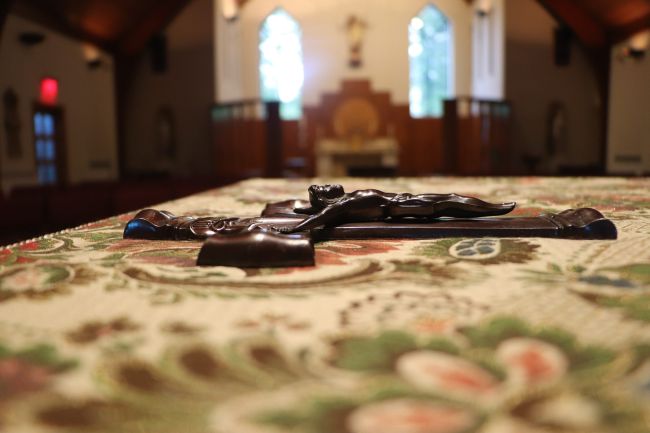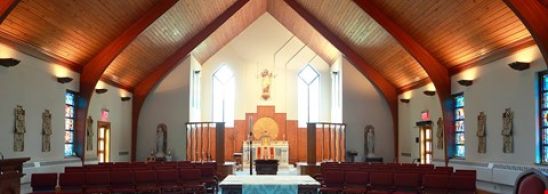Pope Benedict XVI recently weighed in on a proposal that could allow married men to become Catholic priests in certain parts of the Amazon region. He argued on behalf of celibacy for priests in his book “From the Depths of Our Hearts.” Benedict, who served as pope from 2005 until he stepped down in 2013, referred to celibacy as being “truly essential” to a priest.
This proposal would only apply to those sections of the Amazon region that lack priests significantly. Older married men would be able to be ordained, but previously unmarried priests would not be allowed to then get married. The proposal still needs approval from Benedict’s successor Pope Francis before it could possibly go into effect.

Although priests were allowed to marry at one point in time, celibacy is now an integral part of the priesthood according to the Rev. Carl Janicki, the director of campus ministry at Cabrini.
Janicki said that this “tradition of Church discipline” started for priests in the early 12th century as a way to ensure that priests were able to focus on their churches and parishes.
“The people, as they continued to grow in their spiritual needs, recognized that they wanted more from their priest in terms of dedicated time rather than having a professional who was sharing time with a family and children,” he said. This is what really pushed the Church into making sure that priests would be fully focused and dedicated to their vocation.
The idea would become that priests could see their parishes as their family and be devoted to the Church as if they were married to it. They would put that same level of focus into being a priest instead of into a family.
“That’s one of the explanations that’s given for [priests] having the title ‘father,'” Janicki said. “Without having that family attachment, theoretically you’re supposed to be available to folks.”

The idea of allowing married priests once again is something that can be concerning to those who practice Catholicism. Sophomore political science major, Brian McAnulla, who has attended Catholic schools since the fourth grade, voiced his concerns about the proposal.
While he acknowledged that he is not fully aware of everything that is going on in the Amazon region, he generally believes that allowing married priests could inhibit them from properly leading, alluding to some of the problems that originally caused the start of the tradition of celibacy.
“I think that when they have no [family] immediately relying on them they can do their job better,” McAnulla said.
Janicki pointed out that while the proposal could solve some issues in the short term, it could also create problems for the Church in the long run that they may not anticipate. People are used to the current tradition that has been a mainstay for hundreds of years. Changing tradition could disrupt and hurt how the Church operates. This leaves the proposal and the idea of changing such a long-held tradition with a wide variety of unanswered questions.
“While it may solve the fact that individual churches don’t currently have clergy,” Janicki said, “what would be the new set of challenges for people that have clergy that is married and have families be and what would that look like?”


